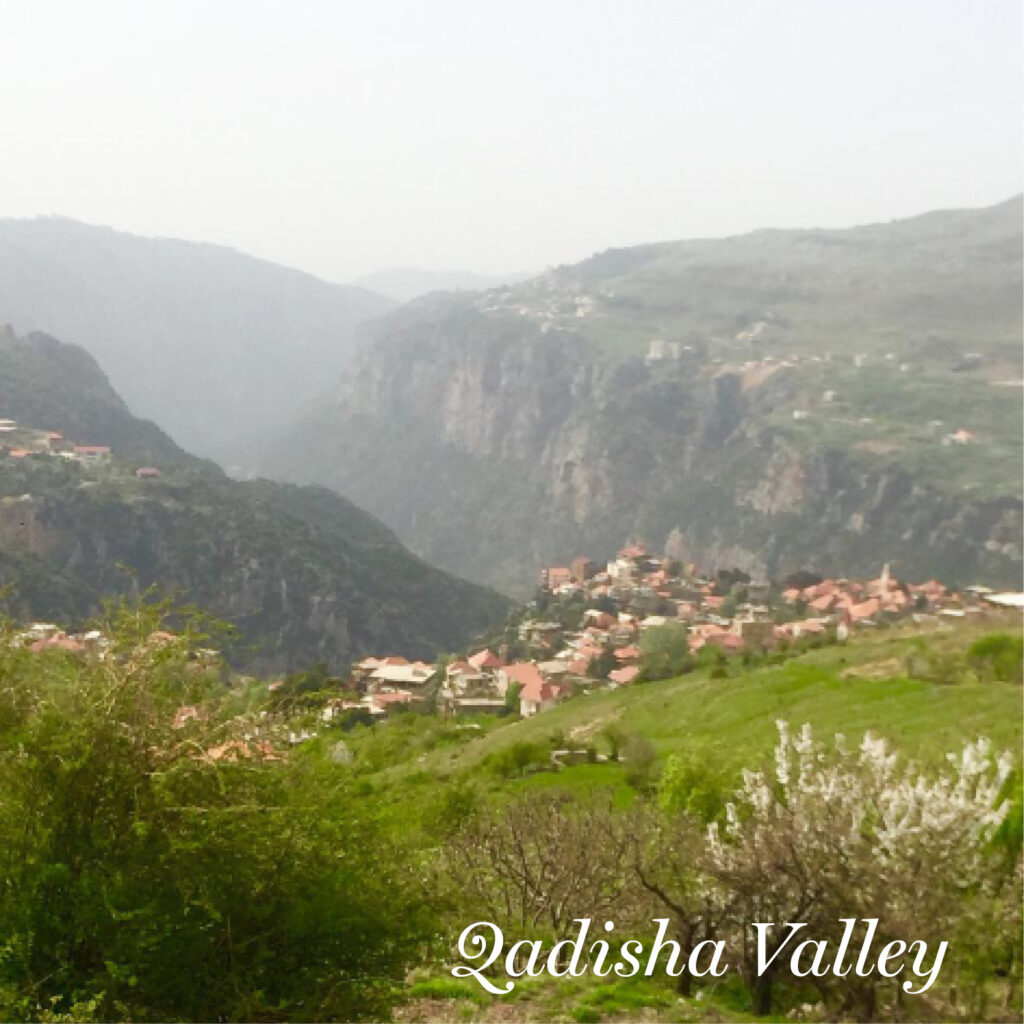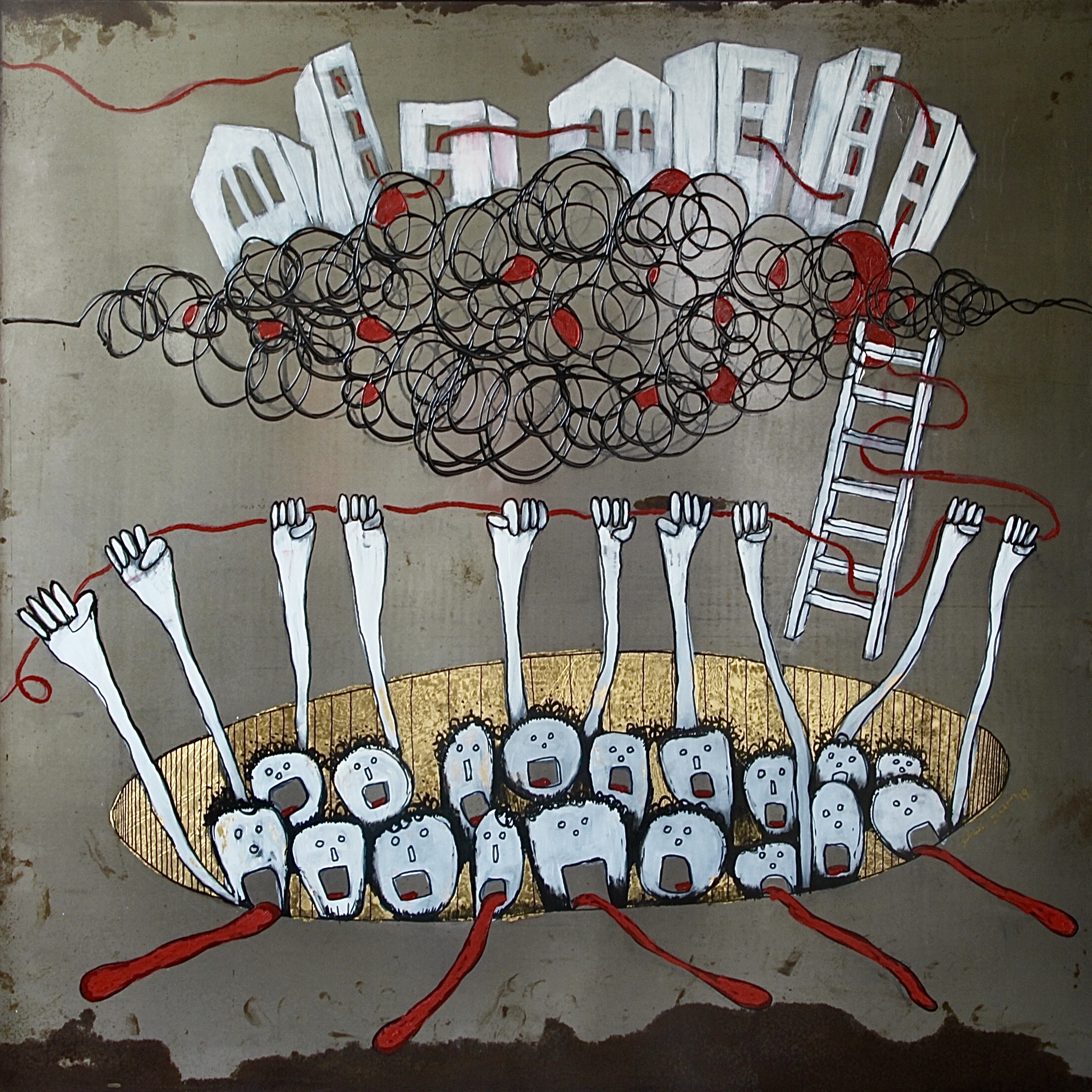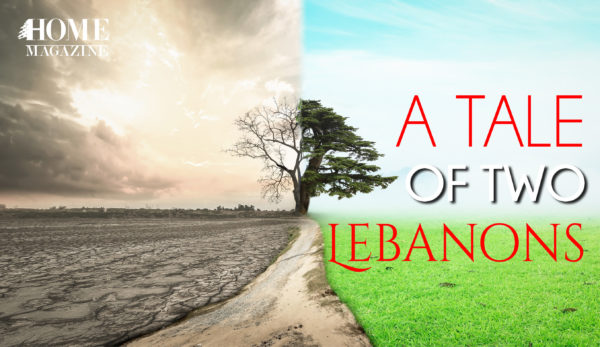Born in Beirut to a French father and a Lebanese mother, Jean-Pierre Cressot, 65, lives in the suburbs of Paris, where he established his own public relations and communication agency. He relishes every chance to leave city life behind and explore Lebanon’s wilderness.
Since 2014, Cressot has hiked on the Lebanon Mountain Trail (LMT), a high path along the spine of the mountain range that stretches north to south across the country, parallel to its Mediterranean coast. Its altitudes range from 570 meters to 2,073 meters (about 1,840-6,800 feet) above sea level. In 2016, he walked the full 470-kilometer trail.

Enhancing economic opportunities in villages along the trail through responsible eco-tourism
Cressot visits Lebanon twice a year to hike with the Lebanon Mountain Trail Association (LMTA), an NGO dedicated to protecting and maintaining the trail and Lebanon’s mountains, and enhancing economic opportunities in villages along the trail through responsible eco-tourism, The LMTA organizes two hikes per year to promote the LMT: a 30-day hike in April that it calls the “Thru-Walk” and in a 16-day Fall Trek in October.

Along the way, hikers pass waterfalls and streams, natural springs and breathtaking valleys, rugged peaks and ancient ruins, cedar forests and grassy slopes speckled with bright flowers.
People from across the world participate. Cressot has hiked with groups including as many as 10 nationalities, united by their desire to discover the wonders of Lebanon. “I never see that mix of people when hiking in France,” he said. “Hiking the mountain trail has no age limit. You have people from all age groups and levels of hiking abilities.” Yet, every group includes Lebanese from the diaspora who want to rediscover their ancestral HOME.
“Hiking the LMT is for those who want to experience Lebanon’s natural wonders,” he said. Its 27 sections traverse the country from Andqet in the far north to Marjjayoun in its southern-most region, crossing more than 75 traditional towns and villages, each with its own distinctive character and cuisine. Along the way, hikers pass waterfalls and streams, natural springs and breathtaking valleys, rugged peaks and ancient ruins, cedar forests and grassy slopes speckled with bright flowers.

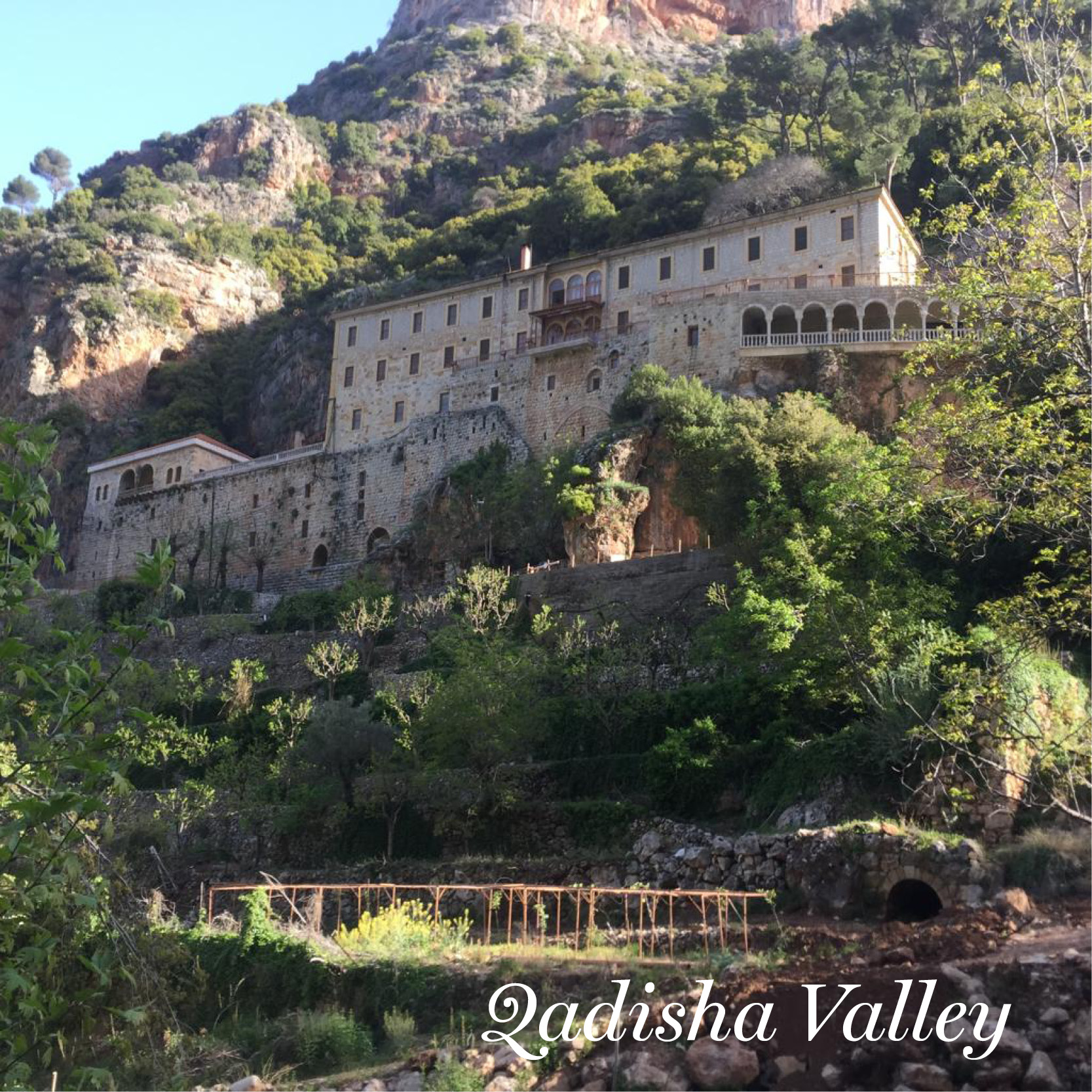
Cressot is awed by the mountain tops’ spectacular views and the trail’s vast variety of landscapes. Among them is the unique Qadisha Valley, often called, The most beautiful place in the world. A UNESCO World Heritage site, it is HOME to monasteries from the earliest days of Christianity. Some have compared it to heaven, a place where you leave the worries of the world behind and experience inner peace.
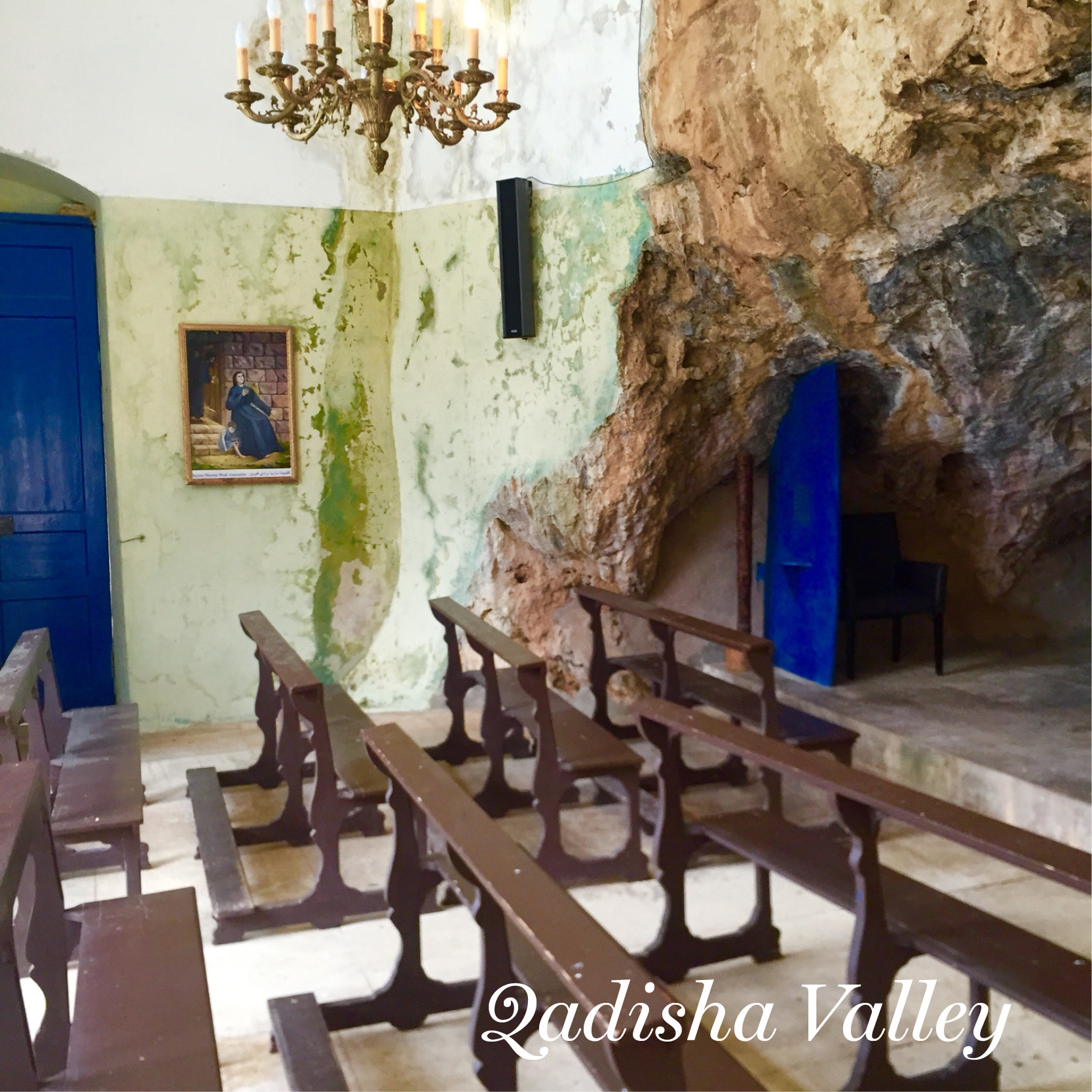


Likewise, the trek through the Al Chouf Biosphere Reserve, where the morning midst rises in Lebanon’s famous cedar forests, is magical. Deemed by UNESCO to include plants and animals of exceptional scientific and natural interests, the reserve protects the bulk of Lebanon’s ancient cedars—some more than 2,000 years old—that have become a symbol of the country.
“And the hospitality! This is so unusual for many foreigners that sometimes tears fill their eyes.”
Then there is Horsh Ehden, with its wide variety of plants and animals; Tannourine Cedar Forest Nature Reserve; the Afqa spring and cave; several bird conservation areas; ruins of crusader fortresses, so many views you could never anticipate, said Cressot, who enjoys observing and photographing the scenes. “Every day you go through a different landscape.”

“And the hospitality!” he exclaimed. “Villagers often offer food along the trail or invite hikers to eat directly from their fruit trees—apples, grapes—this is so unusual for many foreigners that sometimes tears fill their eyes,” he said.
Locals provide food and guest houses to the hikers, as well as serve as knowledgeable guides, trained by the LMTA. In return, the hikes create jobs for villagers, giving them sustainable incomes.
“The local guides are outstanding,” said Cressot. “They give information about flora and fauna, archeology and local traditions. They know how to put people at ease.
“It is through the LMT that I have learned more about Lebanon and came to love it more deeply.”


